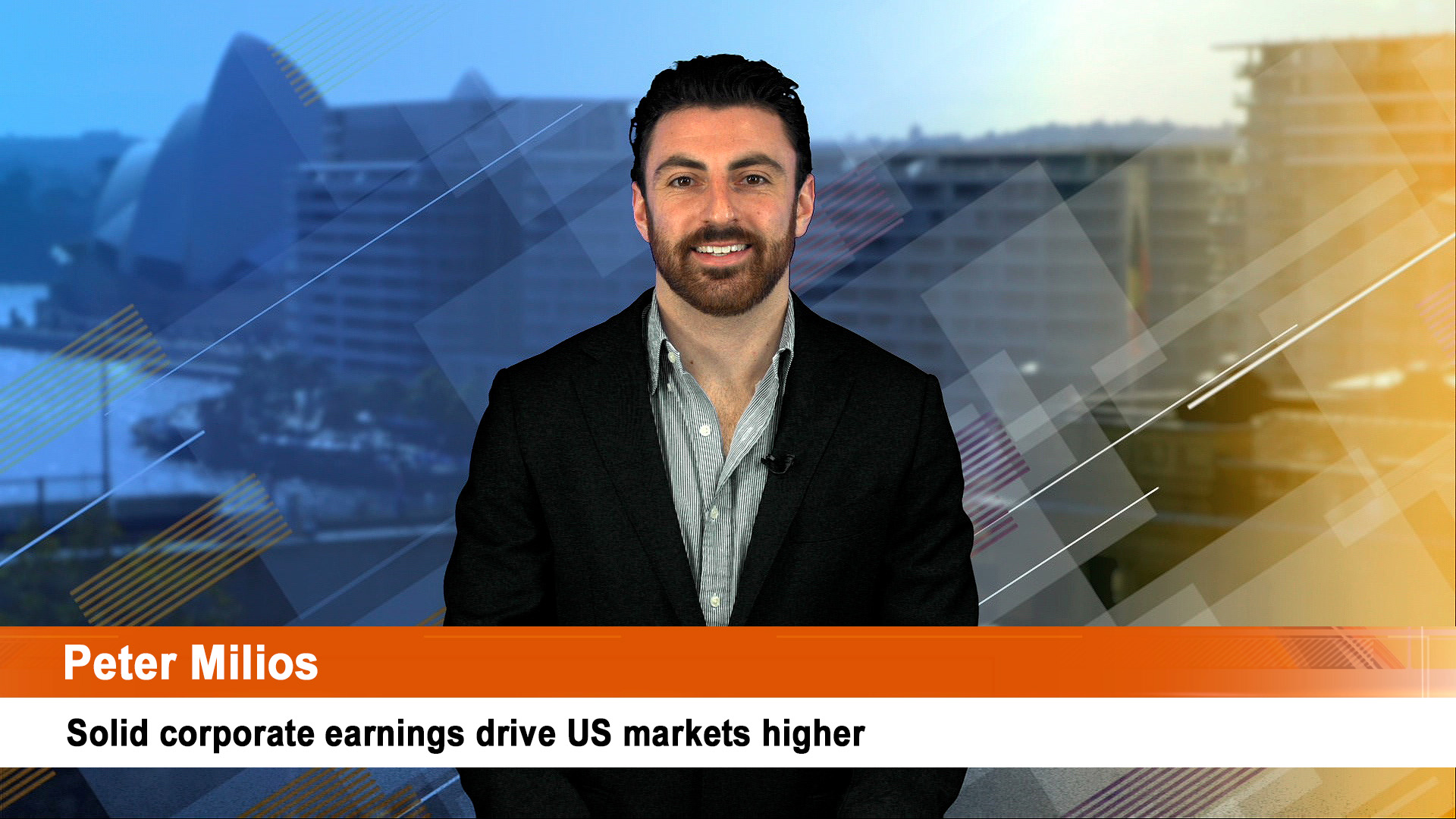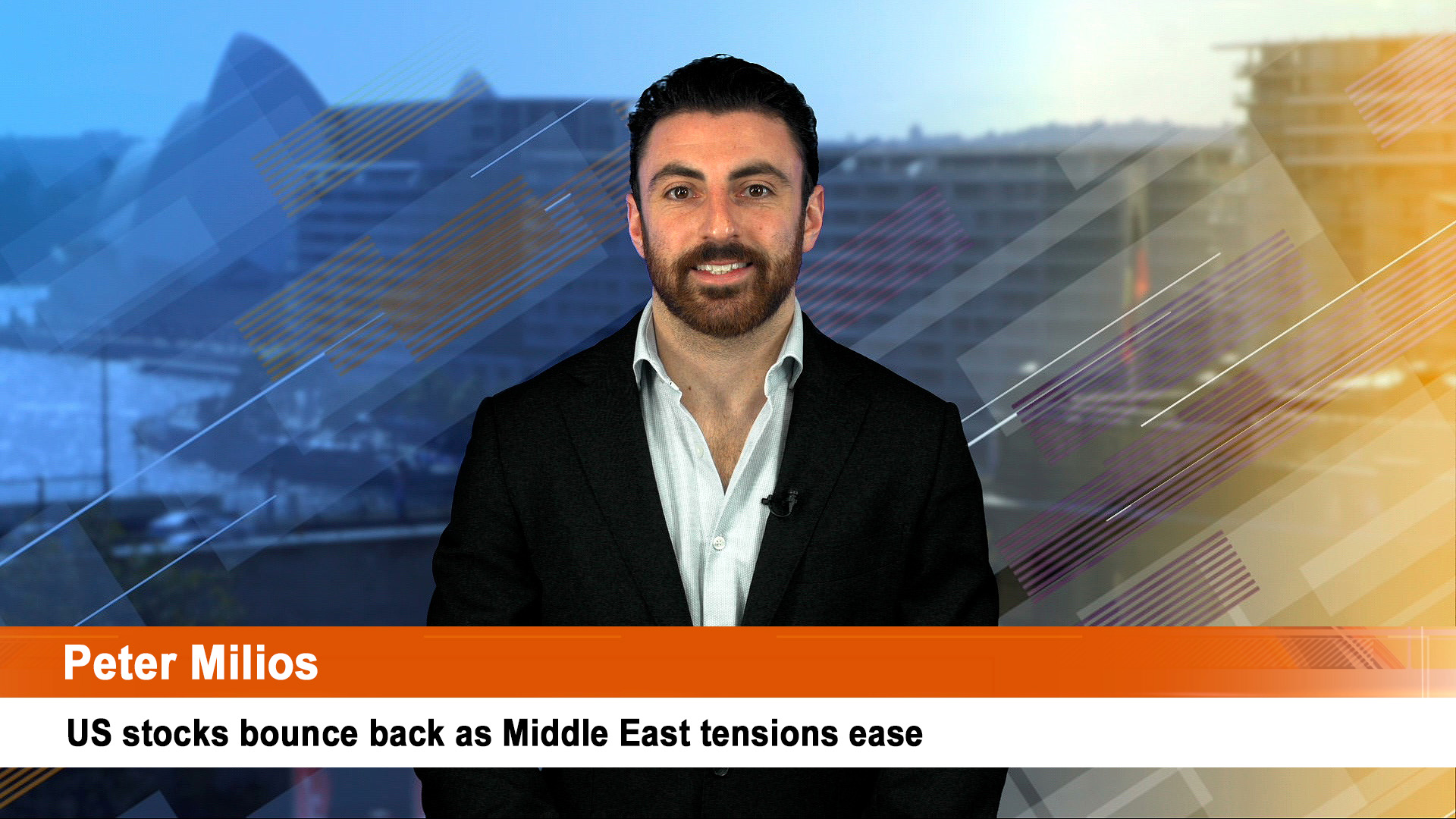What a difference two years, widespread Covid vaccinations and a global home building boom can make when it comes to corporate confidence.
Two years ago, as the first wave of the Covid pandemic closed in on the world economy – and especially those in Europe, the US and Australia, James Hardie announced a sweeping revamp including suspending dividends as it hunkered down to ride out the storm.
The revamp included suspending operations at several factories and closing three – including one in NZ and one in Australia at Cooroy on the Sunshine coast, north of Brisbane where 375 jobs were cut.
Two Australian plants were kept going – the Rosehill operation in Sydney and the other at Carole Park in Brisbane.
Since then Australia has seen a home building and renovations boom that is starting to lose its gloss.
That saw Hardie announce last November plans for a third cement sheet plant – to be built in Melbourne – but there were no further details.
Yesterday James Hardie announced that it had bought land in Melbourne for the new plant.
Construction of the site will create an average of 250 local jobs a day, and up to 500 a day and when finished the site will create 200 full-time jobs.
The company said in a trading update on Tuesday that 375 jobs will be cut as it shutters manufacturing facilities in Cooroy in Queensland, Summerville in the United States and Penrose in New Zealand.
Hardie said the new factory will begin production by April 2025 with one cement sheet machine, with a view to eventually accommodate two sheet machines and other manufacturing facilities.
James Hardie interim CEO Harold Wiens said the new manufacturing site lets the company meet strong demand for building solutions in the Asia-Pacific.
“As we continue our strategic focus on marketing directly to the homeowner and commercialising market-led innovations, this site will help us not only meet this demand but enable the manufacturing of new innovations and existing high-value products.”
But there was no cost figure attached to the plant.
Investors, though, liked the news (sans price tag) and sent the shares up 2.8% to $46.70. That is still well under the peak price of more than $58 a share.













